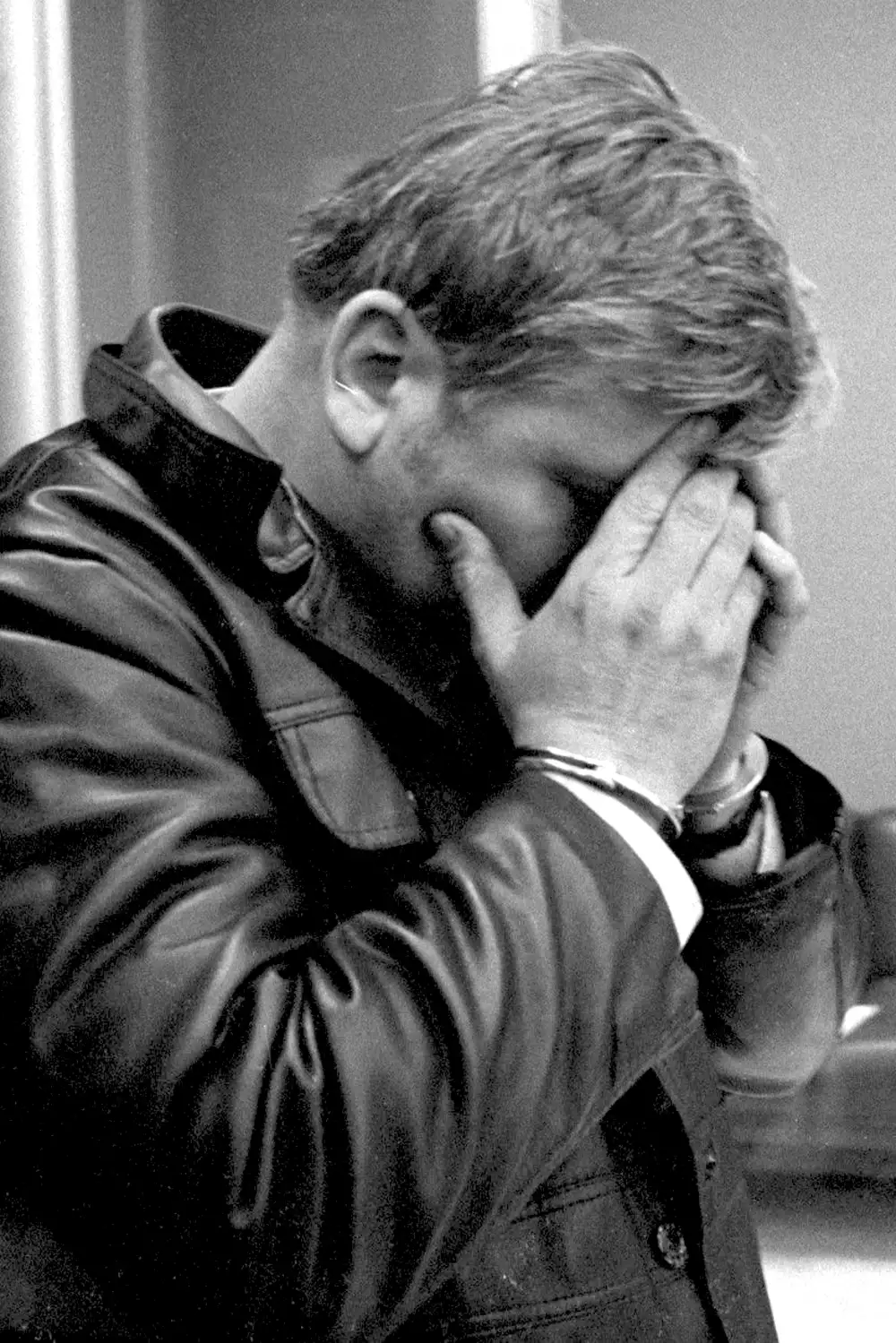John Wayne Gacy: The Disturbing Legacy of the Killer Clown
John Wayne Gacy is one of America's most notorious serial killers, known for his chilling persona as the "Killer Clown." Gacy's gruesome crimes, double life, and eventual execution stunned the nation and left a legacy that continues to fascinate and horrify. This article delves into his life, his crimes, and the lingering impact on true crime enthusiasts and society.

The Early Life of John Wayne Gacy
Born in Chicago on March 17, 1942, John Wayne Gacy faced a troubled childhood marked by a difficult relationship with his father. Accounts from family members reveal that Gacy's youth was marred by abuse and feelings of inadequacy. Despite these hardships, he managed to appear as an upstanding member of the community. He worked in business, engaged in local civic organizations, and even entertained children as “Pogo the Clown.”
For more on Gacy's upbringing and early red flags, visit this detailed look at his life and crimes.
The Killer Clown's Heinous Crimes
Between 1972 and 1978, Gacy committed a shocking series of murders. He lured young boys and men, often under the guise of offering them jobs or helping them, only to subject them to unthinkable acts. Most of his victims were buried beneath his home, while others were discarded in local rivers. The horror of the case escalated when police discovered the remains of dozens of victims at his residence in Norwood Park Township, Illinois.
Gacy earned his infamous "Killer Clown" nickname due to his regular performances at children’s hospitals and local events, where he dressed as a clown. This facade of normalcy hid his true nature and allowed him to operate unnoticed for years.
To see a comprehensive account of how Gacy's crimes were uncovered and the details of each case, read this in-depth article.
Arrest, Trial, and Sentencing
John Wayne Gacy's downfall began in December 1978, when 15-year-old Robert Piest disappeared after meeting with Gacy about a potential job. Piest's disappearance led investigators to execute a series of search warrants, eventually uncovering the chilling truth hidden beneath Gacy’s home. In all, Gacy was charged with the murders of 33 young men and boys, making him one of the most prolific serial killers in US history.
At his 1980 trial, Gacy was convicted after less than two hours of jury deliberation. The evidence was overwhelming, and the verdict stunned the nation. He received the death penalty for his crimes and would spend 14 years on death row.
John Wayne Gacy's Execution and Infamous Last Words
On May 10, 1994, John Wayne Gacy was executed by lethal injection at Stateville Correctional Center in Crest Hill, Illinois. The execution process took 18 minutes due to a technical issue, lasting much longer than usual. Gacy was 52 years old at the time of his death.
His final words became infamous: "Kiss my a--." Before his execution, Gacy’s last meal included Kentucky Fried Chicken, fried prawns, strawberries, fries, and a Diet Coke. His lack of remorse in his final moments shocked even hardened observers.
You can read more about the execution process and the public’s reaction in this article by Yahoo News and also the comprehensive coverage on AOL.
Gacy's Legacy in True Crime Media
The disturbing story of John Wayne Gacy has been the subject of numerous documentaries, including Netflix's Conversations with a Killer: The John Wayne Gacy Tapes and Peacock's docuseries John Wayne Gacy: Devil in Disguise. These portrayals aim to provide insight into his psychology and the effects of his crimes on survivors and families.
Gacy's legacy continues to serve as a warning about the dangers hidden behind seemingly ordinary facades. His story remains a haunting chapter in American criminal history.
Conclusion: Remembering the Victims and Lessons Learned
John Wayne Gacy’s crimes serve as a chilling reminder of how evil can lurk behind a mask of normalcy. As one of the worst serial killers in history, Gacy’s life and legacy are often discussed not just for their shock value but for the important lessons they hold. Remembering the victims is crucial as society continues to grapple with the dark side of human nature.
For those seeking outreach or assistance related to abuse and victim support, contact the Crisis Text Line by texting “STRENGTH” to 741-741.